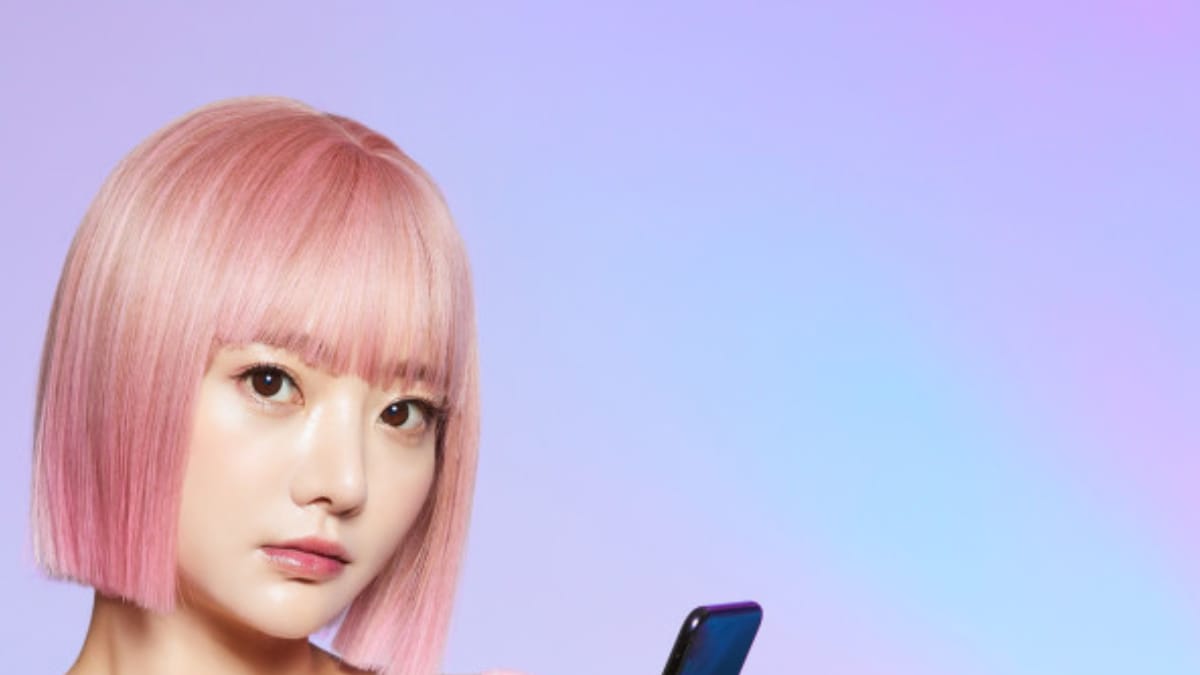Last Updated: June 20, 2023, 11:26 IST
Three French students came up with the idea of combining augmented reality with deepfake technology to enhance consumers’ online beauty shopping experience. (Credits: AFP)
The pandemic has clearly changed the game in the beauty world, enabling consumers to enjoy a hybrid experience, both online and in person.
Turning consumers into virtual models for an ever more inclusive and personalized online shopping experience is the aim of the project helmed by three French students who won the L’Oréal Brandstorm global innovation competition. They use a new technique combining augmented reality and the concept of the deepfake to put users at the center of all online testing sessions, without neglecting the subtleties of skin tone or other characteristics, and all with the most realistic rendering.
The pandemic has clearly changed the game in the beauty world, enabling consumers to enjoy a hybrid experience, both online and in person. Although they have by no means deserted stores, shoppers can now try out all kinds of new functionalities and new uses offered on e-commerce sites, from skin diagnostics that can be carried out in a matter of minutes to the 3D printing of personalized vitamins or food supplements, not forgetting the best-known and most popular online experience, virtual makeup testing. Available from a number of cosmetics brands, this virtual reality experience allows users to test all kinds of makeup products online, including foundation, lipstick and eyeshadow. The technology holds great appeal, although some consumers are (already) complaining about a certain lack of precision, potentially linked to poor lighting or an average-quality camera.
This observation prompted three students from ESSEC business school in Cergy, Val-d’Oise, France to push back the limits of technology to enable as many people as possible to enjoy an online shopping experience combining personalization, inclusivity and realism. All this is based on artificial intelligence, through a combination of augmented reality and the art of the deepfake. Sometimes seen as a threat when misused, sometimes viewed as an incredible innovation, in the case of virtual makeup testing, this kind of hyperrealistic imagery turns the consumer into a virtual model, literally becoming the face of their own beauty needs and preferences. This is a first that could ultimately shake up industry codes. Plus, it promises no problems with data protection regulations, since only the user will be able to view the rendering.
A hyperrealistic face
More concretely, the ‘Caring 4 Beauty’ project, by French students Inès Flammant, Marie Landrevie and Sophie Martinez, involves using the two aforementioned technologies to enable consumers to upload their photo to e-commerce sites so that their face becomes that of the models they are used to seeing when purchasing a makeup product, all with the most realistic representation. Thanks to this technique, all skin tones and skin issues or characteristics can be taken into account during an online testing session, without the fear of buying the wrong shade or product range. Although not yet accessible to consumers, this project won the three young women the international L’Oréal Brandstorm competition, the results of which were announced at the Viva Technology trade show in Paris. No fewer than 30,000 teams from over 70 countries competed, with just 10 teams remaining in the running for the final.
The prize provides a real springboard for these three students, who now have the opportunity to benefit from three months’ support from L’Oréal to develop their project at the Group’s headquarters. Although still at the project stage, this innovation based on artificial intelligence could further shake up traditional beauty codes, and enrich consumers’ online shopping experience. And the three winners may not stop there, since they have already thought of improving their concept via machine learning, so that eventually, users will be recommended beauty products according to the characteristics and needs of their previously scanned face.
(This story has not been edited by News18 staff and is published from a syndicated news agency feed – AFP)



